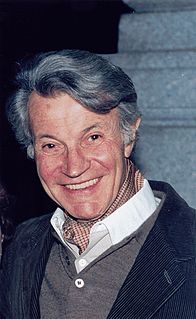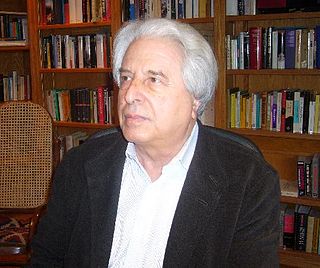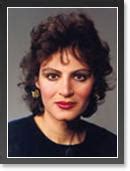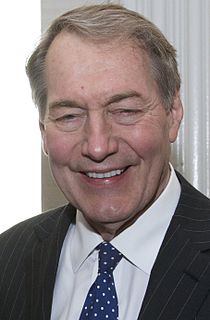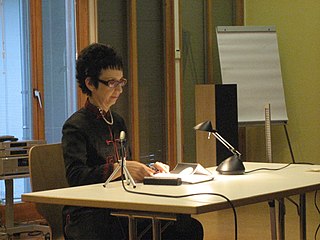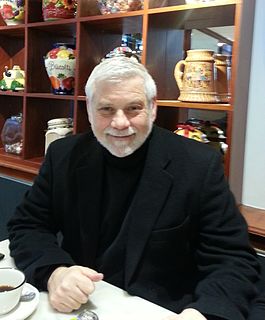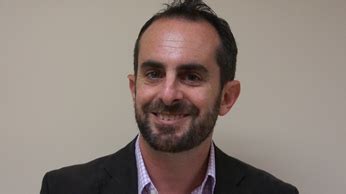A Quote by Istvan Deak
An exciting and yet highly lucid account of the formation and significance of Karl Kraus's modernist journalism, an activity that Walter Benjamin and Gershom Scholem regarded as the most Jewish writing in the German language. The Anti-Journalist is the best book I have seen on this engaging topic.
Related Quotes
Like Karl Kraus [Wittgenstein], was seldom pleased by what he saw of the institutions of men, and the idiom of the passerby mostly offended his ear - particularly when they happened to speak philosophically; and like Karl Kraus, he suspected that the institutions could not but be corrupt if the idiom of the race was confused, presumptuous, and vacuous, a fabric of nonsense, untruth, deception, and self-deception.
I think what's happening with book advances is something that most of the world just doesn't fully appreciate, especially when it comes to nonfiction, because writing a book of investigative journalism is an expensive endeavor, and the system works best if you have publishers making bets on authors.
Susannah Heschel's The Aryan Jesus is a brilliant and erudite investigation of the convergence between major trends in German Protestantism and Nazi racial anti-Semitism. By concentrating on the history of the Institute for the Study and Eradication of Jewish Influence on German Religious Life, Heschel describes in forceful detail the Nazification of all aspects of Protestant theology, including the Aryanization of Jesus himself. This is a highly original and important contribution to our understanding of the Third Reich.
As [Gershom] Scholem explains, this [Shabbetaian] doctrine is connected to the idea that 'the elect are fundamentally different from the crowd and not to be judged by its standards. Standing under a new spiritual law and representing as it were a new kind of reality, they are beyond good and evil'. Strauss's philosopher-prophet is a secularized version of the same conceit.
In a sense, journalism can be both helpful and detrimental to a writer of fiction because the kind of writing you need to do as a journalist is so different. It has to be clear, unambiguous, concise, and as a writer often you are trying to do things that are more ambiguous. I find that writing fiction is often an antidote to reading and writing too much journalism.
My father, Benjamin Shiller, told me not to believe in authorities or celebrities - that society tends to imagine them as superhuman. It's good advice. People are snowed by celebrities all the time. In academia people have this idea of achieving stardom - publishing in the best journals, being at the best university, writing on the hot topic everyone else is writing about. But that's what my father told me not to do. He taught me that you have to pursue things that sound right to you.
